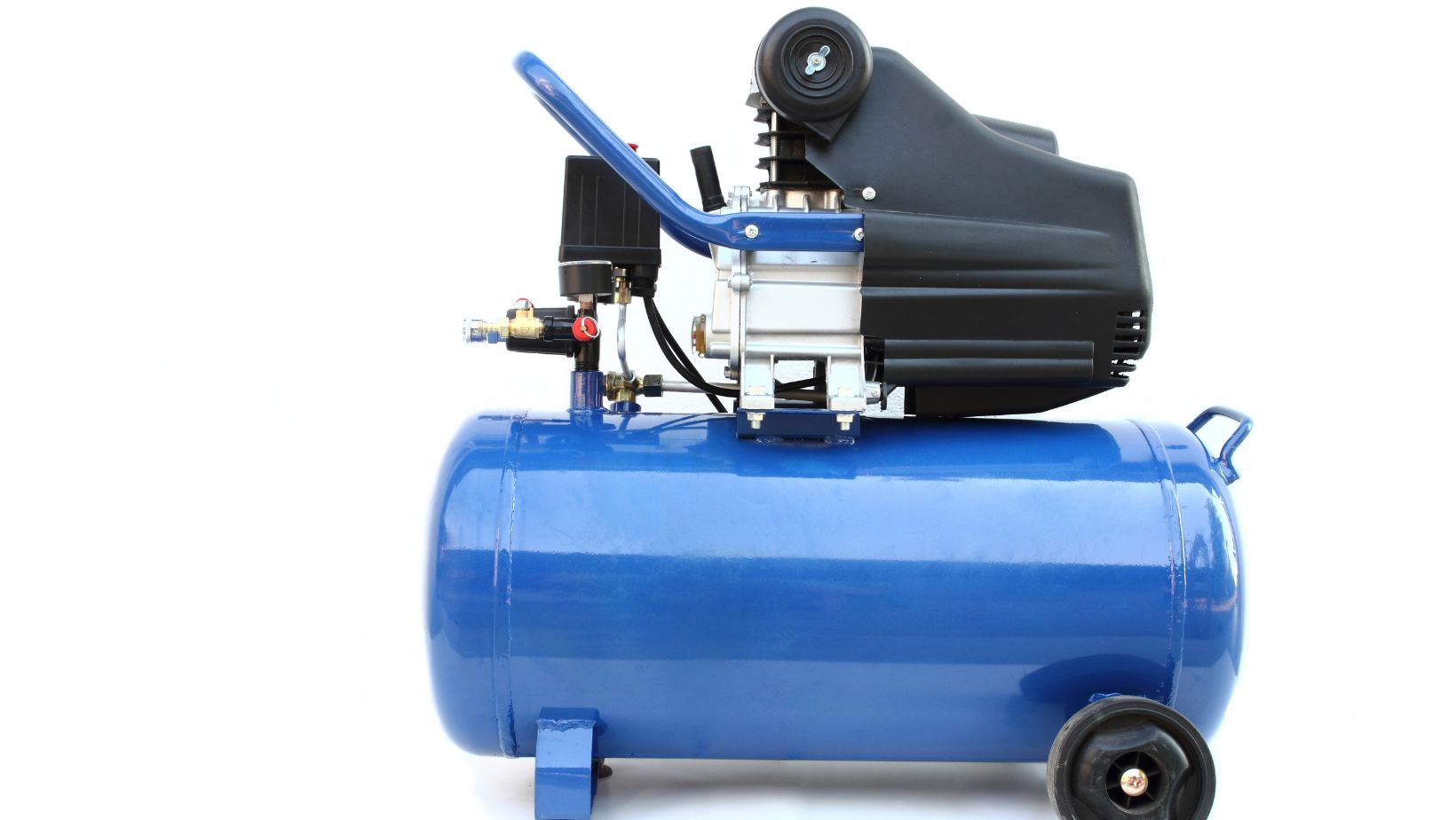Table of Contents
ToggleBest Air Compressor For Home Garage
Looking for the best air compressor for your home garage? Well, you’re lucky because I have just the information you need. A reliable air compressor is essential for any DIY enthusiast or professional mechanic working in their home garage. It can power your pneumatic tools, inflate tires, and even assist with painting projects. But with so many options available on the market, finding the right one can be quite overwhelming.
When searching for the best air compressor for your home garage, there are a few key factors to consider. First and foremost, you’ll want to determine what type of tasks you’ll be using it for. If you primarily plan on using it for light-duty tasks like inflating tires or powering small tools, a smaller portable compressor may suffice.
Another important factor to consider is the size of your garage space. If you have limited room, investing in a compact, portable air compressor that can easily be stored away when not in use would be ideal. On the other hand, if space isn’t an issue and you require higher airflow capacity, opting for a larger tank size would allow longer run times without needing to refill constantly.
When selecting the best air compressor for your home garage, there are a few factors to consider. Let me guide you through the process of choosing the right one.
- Consider your needs: Before making any purchase, assess your specific requirements. Determine the type of projects you’ll be working on in your garage and the tools you’ll be using with the air compressor. This will help you determine the necessary airflow and pressure requirements.
- Evaluate tank size: The tank size is crucial in determining how long you can operate your tools without interruption. Larger tanks provide more reserve capacity, allowing for longer periods of continuous use before the compressor kicks in again. Consider the space in your garage and select a tank size that suits your needs.
- Check horsepower (HP) rating: The horsepower rating indicates the power output of an air compressor motor. Higher HP ratings are suitable for heavy-duty applications, while lower HP ratings are sufficient for lighter tasks around the house.
- Look at cubic feet per minute (CFM): CFM measures how much air an air compressor can deliver per minute. Ensuring that the CFM rating matches or exceeds your tool’s requirements is essential to maintain optimal performance.
- Noise level: Since you’ll be working in a home garage, noise levels may be a concern. Look for air compressors specifically designed with noise reduction features to minimize disturbance while working.

Factors to Consider for Home Garage Use
When it comes to choosing the best air compressor for your home garage, there are several factors that you should consider. Here’s a breakdown of what you need to keep in mind:
- Size and Portability: One important factor is the size and portability of the air compressor. For a home garage, opting for a compact and lightweight model that can be easily maneuvered around tight spaces is usually best.
- Power Requirements: Consider the power requirements of the air compressor. Make sure that it aligns with the electrical capacity of your home garage. It’s also crucial to check whether it requires special wiring or adapters.
- Maximum Pressure and Airflow: Look for an air compressor with sufficient maximum pressure and airflow capabilities to meet your needs. This will ensure it can handle various tasks such as inflating tires, operating power tools, or even powering spray guns.
- Tank Capacity: The tank capacity determines how much compressed air can be stored once before the motor kicks in again to refill it. A larger tank may be more suitable if you have heavy-duty tasks or longer run times, while a smaller tank may suffice for occasional use.
Final Thoughts
Finding the best air compressor for your home garage requires careful consideration of your specific needs and requirements. By determining the type of tasks you’ll be performing and considering the available space in your garage, you can make an informed decision that will help enhance your DIY projects while providing convenience and efficiency.





